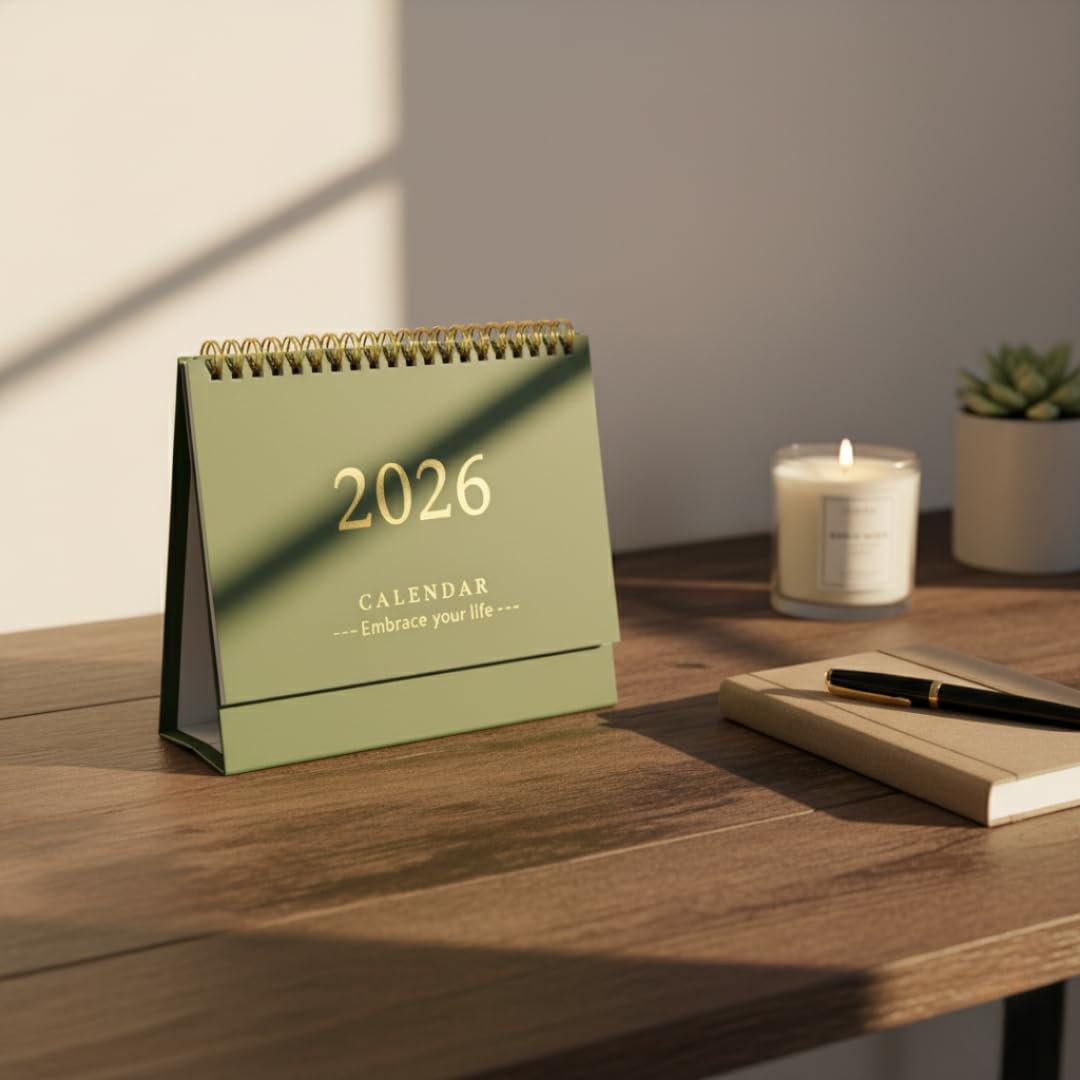Money talk doesn’t have to feel heavy.
If you’ve ever opened your banking app with that mix of dread and determination, you’ll know managing your finances can feel like emotional gymnastics. But what if budgeting wasn’t about restriction at all? What if it became a small act of self-respect, a way of creating space for calm, choice, and future you?
This isn’t a spreadsheet bootcamp. It’s a gentle guide to saving without the stress, built around awareness, kindness, and the quiet confidence that you’re capable of change.
1. Redefine What “Budget” Means
Let’s start by rewriting the story.
Budgeting isn’t punishment. It’s permission to stop guessing, to stop spiralling, and to start living with clarity.
Think of your budget as a mirror that reflects your priorities.
Instead of asking “What do I have to cut?”, ask “What do I want to make room for?”
Maybe it’s future travels. Maybe it’s Sunday coffees. Maybe it’s financial peace.
💭 Tip: Use a dedicated notebook or our Wellness Planner → to track what matters most to you, not just numbers, but feelings, habits, and wins.
2. Map Your Money Flow
Stress often comes from not knowing where your money actually goes.
You don’t need fancy apps: just awareness.
For one week, write down (or voice note) every spend, from bills to biscuits. Then look at it with curiosity, not judgement.
Ask yourself:
- What makes me feel nourished?
- What feels like noise?
- What small swap would make things lighter?
Once you see your habits clearly, you can start making changes that feel empowering — not depriving.
3. Set “Soft Goals,” Not Hard Rules
Traditional budgeting is all-or-nothing and that’s where most of us fall off.
Try soft goals instead: intentions that stretch you gently but still feel kind.
Examples:
- “I’ll transfer £20 to savings every payday.”
- “I’ll do a no-spend weekend once a month.”
- “I’ll plan one low-cost joy each week.”
They’re flexible, forgiving, and, crucially, achievable.
Over time, soft goals become strong habits.
4. Romanticise the Small Wins
Saving doesn’t have to feel sterile. Make it beautiful.
Every time you put money aside, light a candle, write a note of gratitude, or mark it in a journal.
Celebrate progress in sensory ways:
- Use a pastel highlighter to track your savings.
- Create a small “joy jar” for your wins.
- Pair budgeting time with tea and music: not stress and spreadsheets.
Financial confidence grows faster when it feels calm, not chaotic.
✨ A Mazo Moon Journal → can turn your budgeting moments into mindful rituals, not chores.
5. Balance Spending With Soul
Your best self doesn’t come from deprivation: it comes from alignment.
So yes, save wisely: but also spend with meaning.
Ask yourself before buying:
“Does this move me closer to the life I want, or distract me from it?”
Sometimes the answer will be a “no” that protects your peace.
Other times, it’ll be a wholehearted “yes” that feels worth every penny.
That’s the art of budgeting for your best self, not perfection, but presence.
- Reframe: Budgeting = permission, not punishment.
- Track gently: Awareness beats anxiety.
- Set soft goals: Flexible, kind, achievable.
- Romanticise wins: Make saving feel soothing.
- Spend mindfully: Choose meaning over impulse.
If you’re ready to make your finances feel calm, not chaotic, explore our planners, journals, and mindfulness tools: designed to help you nurture both your peace and your progress.
✨ Discover the Mazo Moon Wellness Collection →
Written by Becky, founder of Mazo Moon: a UK brand creating calm, creative tools for mindful living.
“Budgeting can be gentle. It’s not about having less, it’s about feeling more in control of what you already have.”

